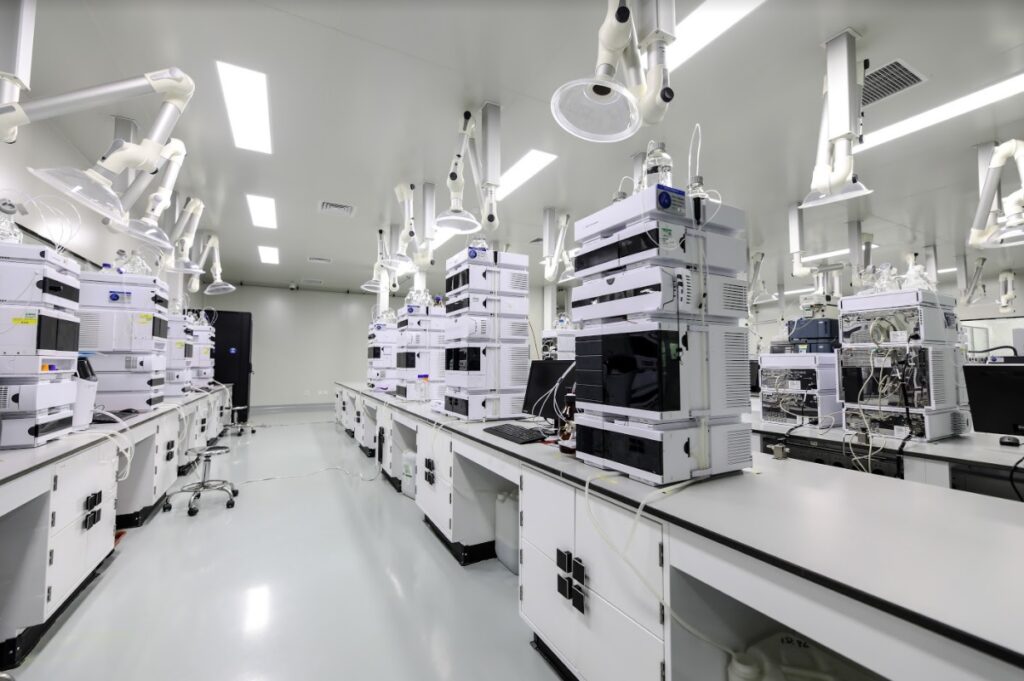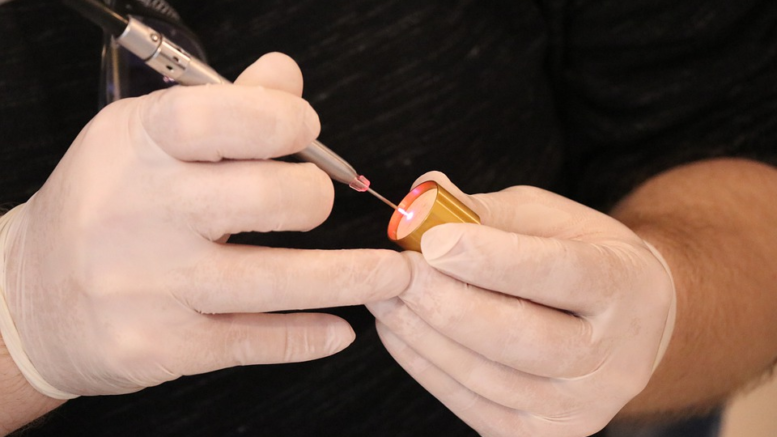CNC machining is the most precise and versatile form of manufacturing and is used in millions of diverse applications worldwide.
One of the most common applications for CNC machining is in the medical industry because of its speed, quality control, and cost benefits.
Here we look at the benefits of using CNC machining for medical industry parts and why it’s a process worth examining for your medical manufacturing needs.
Meets Your Exact Product Specifications
Accuracy is beyond vital in the medical industry. Parts need to meet exact specifications, and CNC machining can follow those specifications with precision.
Using CNC machining for healthcare equipment, devices, or parts is ideal because:
- The tolerances for medical devices are incredibly tight. CNC machining has the precision capacity to meet those demands, even across large-scale production runs.
- Surface finishes on post-production components require little or no additional processing, expediting the operation.
- Digital CNC machinery uses computer-controlled specifications, ensuring every unit is identically produced.
In a sector where a deviation in quality could have severe consequences, this absolute reliability and accuracy are extremely valuable.
Digital Software Enables Quick Transfers Between Production Sites
The need for medical devices or surgical equipment can occur instantly and require a rapid response.
One of the excellent advantages of CNC machining is that its programming relies on digital CAD/CAM software. The software allows files and programs to be quickly transferred between sites.
When medical products need to be produced immediately, an existing program can easily be transferred to the requested location, considerably reducing production time frames.

CNC machining is suited to these urgent tasks:
- Operators can generate cutting programs straight away from a digital CAD file.
- Coding programs can make any number of essential parts, from one to a thousand, with extreme accuracy.
- Single-use and custom parts required for specialized appliances are produced on-demand, without the challenge of minimum raw material requirements.
There are many medical applications, and this capability to transfer programming is fundamental to manufacturing items used for prosthetics, surgical devices, custom-made appliances, and general-use medical equipment.
Ability To Produce Micromachining
Our next advantage is CNC machining’s ability to produce exceptionally small medical parts, known as micromachining.
For example, components and tools in implantable devices, drug-delivery technologies, and surgical instruments require micromachine features.
Such tools are used in various products, including:
- Ophthalmic devices
- Catheters
- Stents
- Implant screws
- Pacemakers
CNC machining can create components under 50 microns, making it an ideal production option for medical industry products.
Improved Medical Part Costs
Finally, the cost is always a crucial business consideration. There are several reasons CNC manufacturing is ideal for tight budgets.
Lack Of Fixed Tooling Requirements
Other processes, like plastic injection molding, require dedicated mold tools to produce parts, which add several additional weeks to production time. CNC machining doesn’t require the creation of specified mold tools, so you can avoid the wait time and associated costs.
Small portable CNC tools can also be transported when needed, and urgent requirements can be fulfilled through tabletop milling machines, making CNC machining accessible without significant premises or floor space investments.
Material Flexibility
CNC machines work with a broad range of materials, including metals like titanium and engineering-grade plastics, such as PEEK.
The same CNC tools can work with any rigid material, from stainless steel to aluminum.
That compatibility makes a CNC tool ideal for medical machining and can cover requirements from any medical provider, healthcare team, or surgical device manufacturer.
Economic Viability Of Medical CNC Machining
Many of the products produced through CNC machines relate to implants used in surgeries such as knee or hip replacements.
Machined medical parts substantially reduce the cost of manufacturing these components and allow production runs to be viable even for small quantities.
That benefit makes CNC manufacturing remarkably economical. Since operators can use the tools repeatedly, it prevents production costs from increasing and still produces highly durable parts to exacting standards.
With so many benefits of CNC machining for creating medical products, it may be the ideal process for your manufacturing needs. Through additional research and by keeping these benefits in mind, you can determine if it is right for you.
